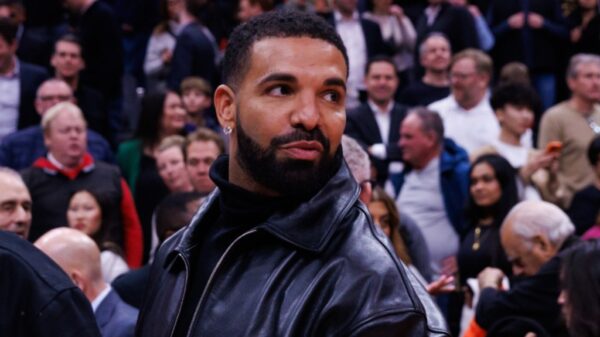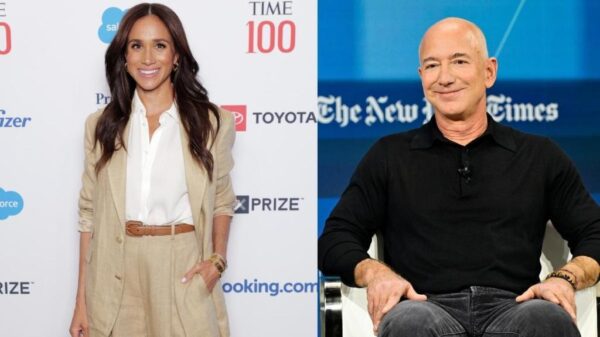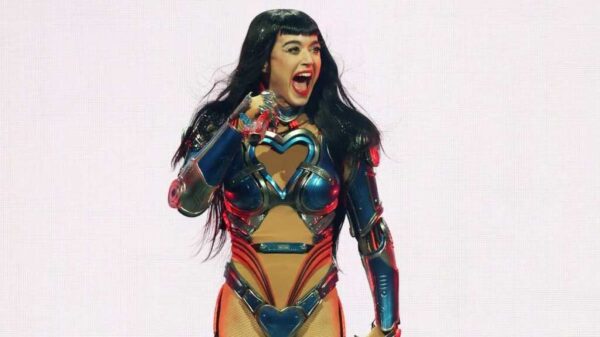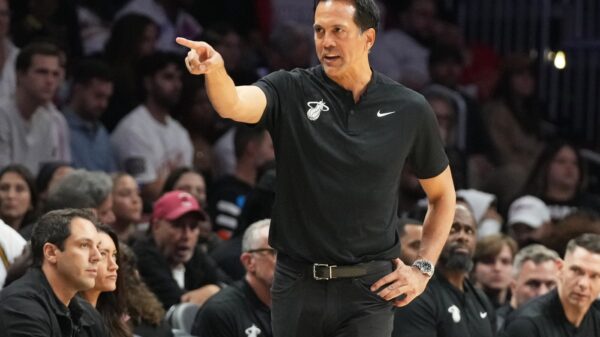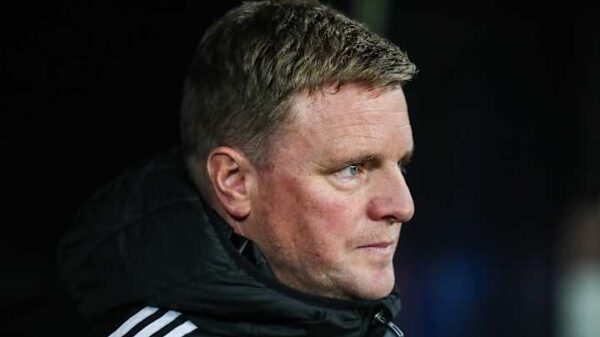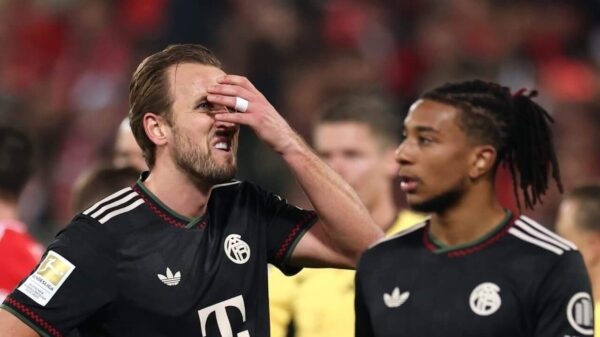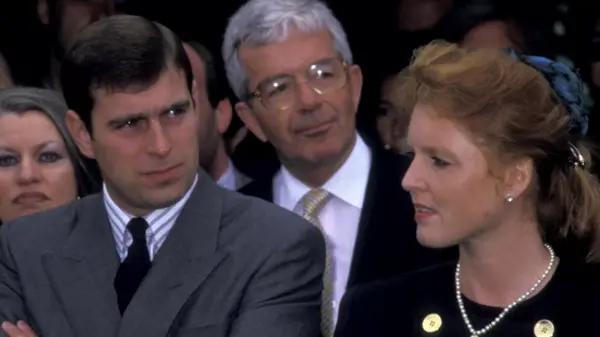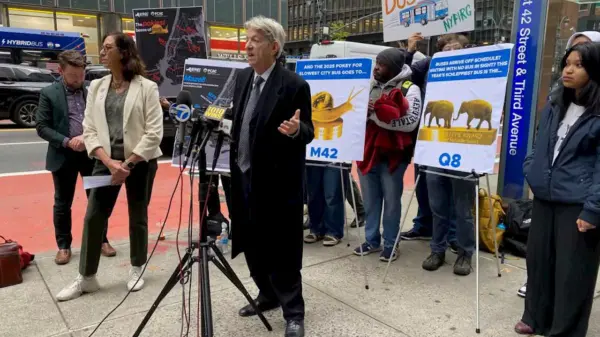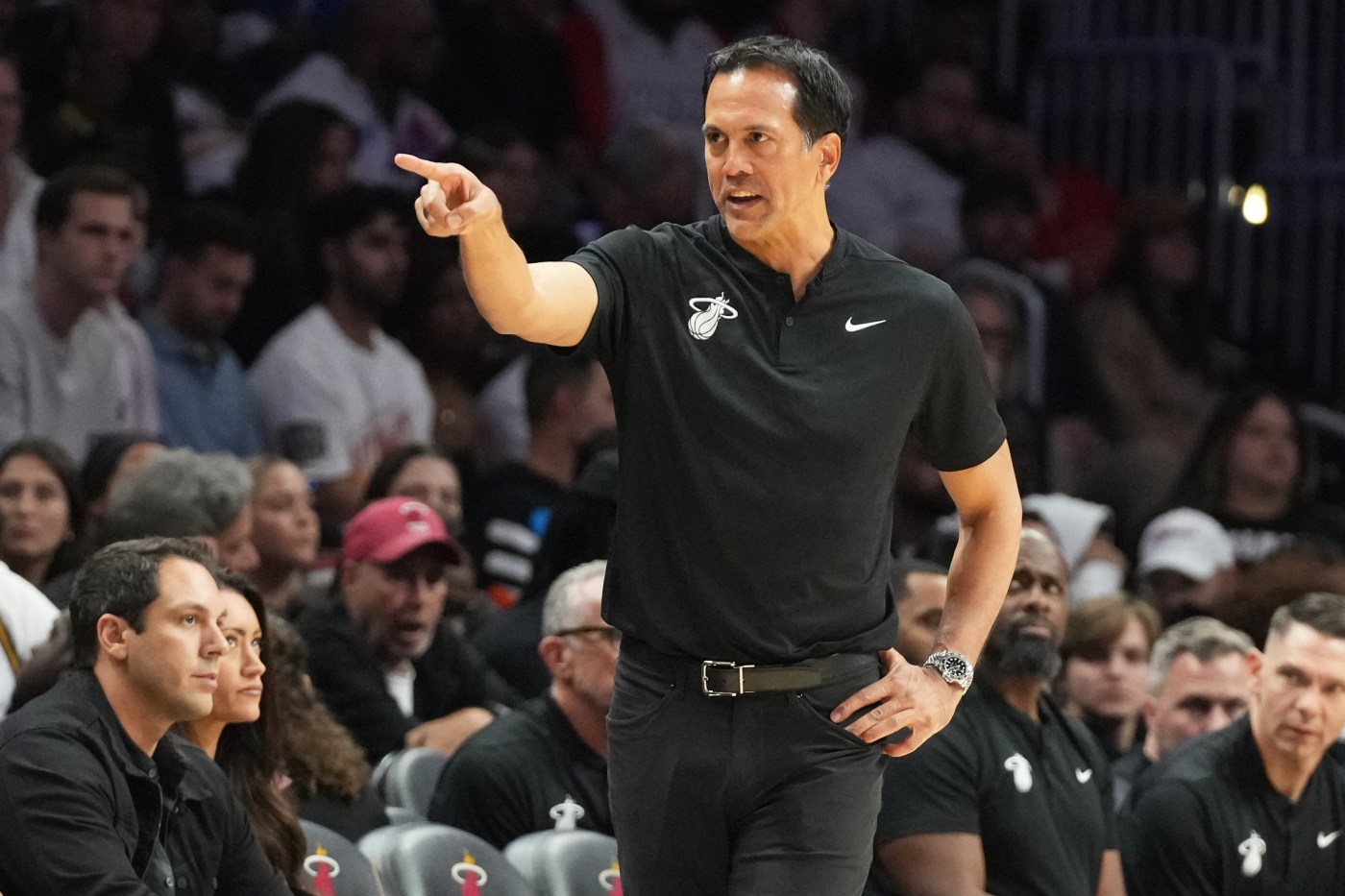In a dynamic display of coaching strategy, Miami Heat head coach Erik Spoelstra has been leveraging the team’s versatility to navigate a challenging early season. In recent games against the Portland Trail Blazers and Cleveland Cavaliers, Spoelstra made impactful decisions that highlight his ability to adapt to different matchups and player availability.
Against Portland, Spoelstra opted for a smaller lineup in the closing moments despite the Trail Blazers fielding a larger team. Conversely, during the game against Cleveland, he made the bold choice to go big with Kel’el Ware even though the Cavaliers played without key player Jarrett Allen. These decisions reflect not only Spoelstra’s tactical acumen but also the depth of talent within the Heat’s roster.
A key moment from the Cleveland game underscores this versatility. In a decisive play, Nikola Jovic, subbed in for Ware, delivered a critical pass to Andrew Wiggins, who completed the alley-oop dunk that secured the victory. Such instances raise questions about the lineup dynamics; had both Bam Adebayo and Tyler Herro been available, would Jovic or Wiggins have even been on the court? Spoelstra’s ability to rotate players effectively emphasizes his skill in utilizing the right individuals for the right moments.
The Heat’s current roster composition has sparked discussions among fans. One supporter expressed a desire for stability, suggesting that the team should retain its core players for chemistry-building, rather than pursuing trades unless it involves a star like Giannis Antetokounmpo. Many fans echo sentiments of enjoying the team’s current trajectory, appreciating the entertaining style of basketball the Heat are playing.
Looking ahead, the Heat face a daunting schedule, with games against competitive teams such as the Knicks, Bulls, Warriors, and Bucks. These upcoming matches will test the Heat’s mettle, especially as they currently sit barely within the top six in their conference standings.
Despite the tough stretch ahead, past performances indicate resilience. Many experts had similar doubts about the team’s prospects at the start of the season, particularly given their challenging road schedule. Yet, the Heat have managed to maintain a record above .500, defying initial expectations.
As the season progresses, the focus remains on how Spoelstra will continue to navigate these challenges with a versatile roster. The interplay of strategy, player potential, and team chemistry will be crucial in determining their success in the coming weeks. Enthusiastic fans and analysts alike will be watching closely to see how the Miami Heat respond to the trials ahead.

